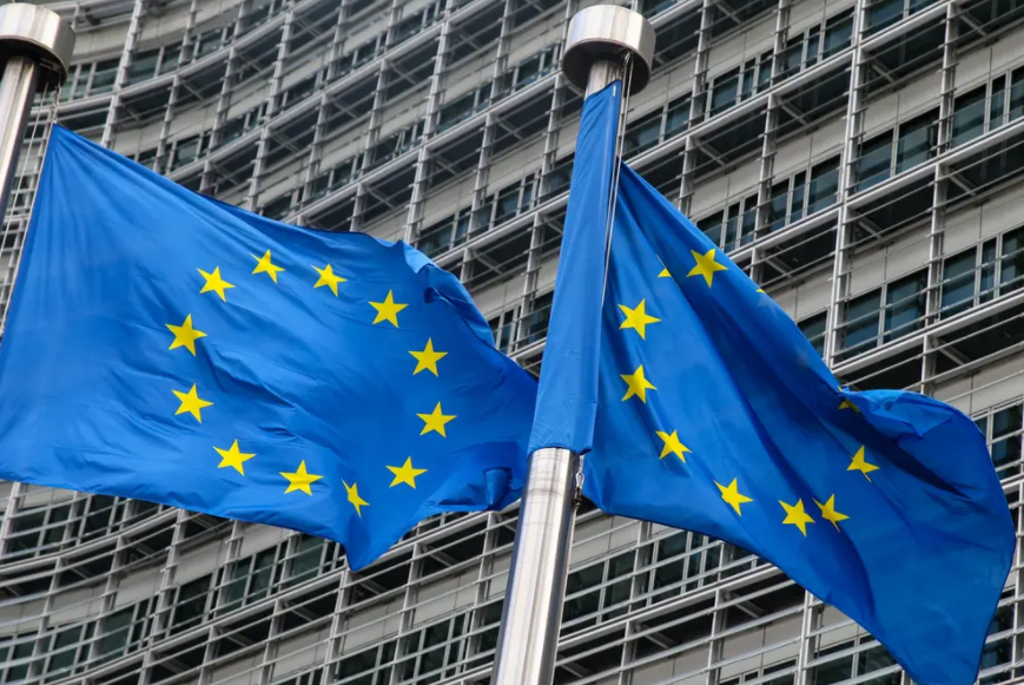European Union nations are launching power saving drives as they seek to reign in soaring gas and electricity bills and conserve ever-more scarce resources following Russia’s invasion of Ukraine.
The 27-nation bloc, which has accused Moscow of waging an “energy war”, plans to cut gas consumption by 15 percent between August 1, 2022 and March 31, 2023 to cope with the crisis.
A snapshot of national efforts so far:
Public buildings
Italy launched earlier this year what it called “Operation Thermostat” to try to lower heating and cut back on air conditioning in schools and public buildings.
France and Germany have also called on their public sectors to lead the way in saving power in the same way. In Germany, public buildings including the Bundestag, or parliament, will have to do without hot water.
Closed doors, open shops
In France, shops that use air conditioning must keep their doors closed or face a fine.
And in Germany shops have launched an advertising campaign to inform customers that they can go inside, even if the doors are closed.
In Spain, since August 10 air conditioning has to be turned down and be set at no lower than 27 degrees Celsius (80.6 degrees Fahrenheit) during the warmest months of the year, in rules affecting everything from public transport to shops, offices, theaters and cinemas.
The legislation also affects heating in winter, when temperatures can be set no higher than 19C.
By the end of September, any air-conditioned or heated premises in Spain must have an automatic door-closing mechanism installed to avoid energy waste.
Illuminated advertising
In France, illuminated advertising screens will be banned between 1 am and 6 am, except in airports and railway stations. The ban which could soon be brought forward to 10 pm, mirroring Germany.
A two-square-meter digital LCD screen uses the equivalent of the average annual consumption of a household for lighting and household appliances, except heating.
Swimming pools and saunas
Germany has banned heating private swimming pools from September.
Several cities have lowered the temperature in their swimming pools and made cuts in urban lighting.
A housing cooperative in the eastern city of Dresden made national headlines when it announced it would limit hot water to certain times of day.
And Vonovia, Germany’s largest property group, plans to limit the temperature in its 350,000 homes to 17 degrees Celsius at night.
In Finland people are being urged to spend less time in their beloved saunas.
Public lighting
In Vienna, there will be no Christmas lights this year on the Ring, the famous boulevard that encircles the center of the Austrian capital.
And the lights at the Christmas market in the square in front of the city hall will only be switched on at night and not at dusk, about an hour later, on average, every day.
In Spain, from 10 pm shops have to switch off window-display lighting in a move also affecting the illumination of public buildings.
In Germany, the Bavarian city of Augsburg has turned off its fountains, dimmed the facades of public buildings at night and is debating switching off some under-used traffic lights.
Small daily gestures
Under its “A degree lower” campaign, Finland will from October encourage its citizens to turn down their radiators, take shorter showers and not heat their garages.
Germany’s summer campaign involved encouraging buying more water-efficient shower heads.


